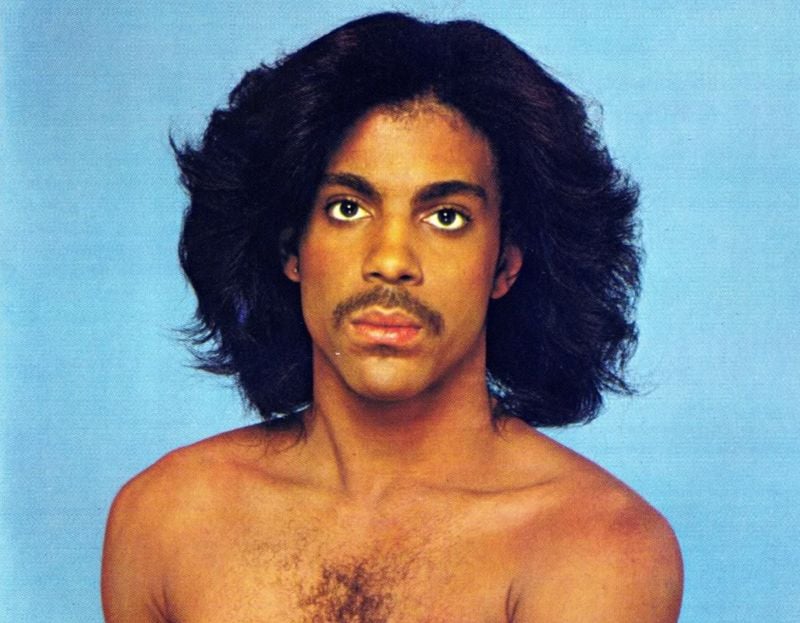Prince, simply put, was an artist cut from a different cloth to his contemporaries. Still, even if the man himself would rarely admit it, The Purple One was influenced by the work of others, and one hip-hop song in particular changed his outlook.
Initially, the breakthrough of hip-hop as a genre was a moment that Prince didn’t care for. As the new style of music first gained prominence, it took a while for him to change his stance. However, Prince was always up for a challenge, and he never fell short when it came to self-belief. Of course, he was Prince, why would he ever doubt his own abilities? The musician could turn his hand to any form of expression and create something magical.
When hip-hop and rap started to make waves in the mainstream during the mid-1980s, the genre was firmly still in its infancy. There was a novelty to the movement, and it wasn’t the hard-hitting bastion of music that it would grow into over the next decade. Prince had little interest in hip-hop, but when he heard Public Enemy’s ‘Fight The Power’, everything changed.
During an appearance on Questlove’s podcast, The Revolution’s Wendy Melvoin recalled hearing the track during Spike Lee’s film, Do The Right Thing, and immediately playing it to Prince afterwards.
“I remember, after we had broken the band up, and Do The Right Thing had just come out, and Lisa and I went to Minneapolis and I was a fanatic for the main title song,” Melvoin said. “I put it on there at Paisley, and [Prince] seemed visibly angry at the track. And, it was because he was so uneasy, I think, with Chuck D and the cadence of Chuck’s voice being in that lower, sort of demanding frequency, kind of freaked him out.”
Lisa Coleman, who appeared alongside Melvoin in Prince’s backing band, The Revolution, added: “It’s very powerful. It was like, ‘why am I being assaulted with that?’”
Melvoin then revealed that everyone in the room began euphorically dancing to the track, apart from one; Prince. He was taking the song in, absorbing the anthem whole. The former member of The Revolution said that from that moment, Prince knew that a seismic shift was taking place and added: “[Prince] knew it changed, right there [with ‘Fight The Power’] He knew.”
“It was almost the antithesis of what Prince was trying to do,” Coleman added. “He was aiming at your grandmother now, not at your kids. Chuck D was aiming at the kids.”
Rather than run scared from the new kids on the block, Prince decided to prove that he could do this rapping lark too, and boy did he prove his point succinctly. “And then Prince came back with ‘Sexy MF’,” Melvoin said. “Yeah, it’s like ‘I can do that now. I can fuck you up,’” added Coleman. “I think that’s just youth. Time goes by, and you go, ‘I get it. I totally get it.’”
It was a gamble by Prince to incorporate rap into his work and, in truth, it could have backfired significantly. However, he built a career on brave decisions like these. Additionally, it is quite the compliment to Public Enemy that Prince felt rivalled so much by ‘Fight The Power’ that he finally caved in and hopped on board to the hip-hop train.
